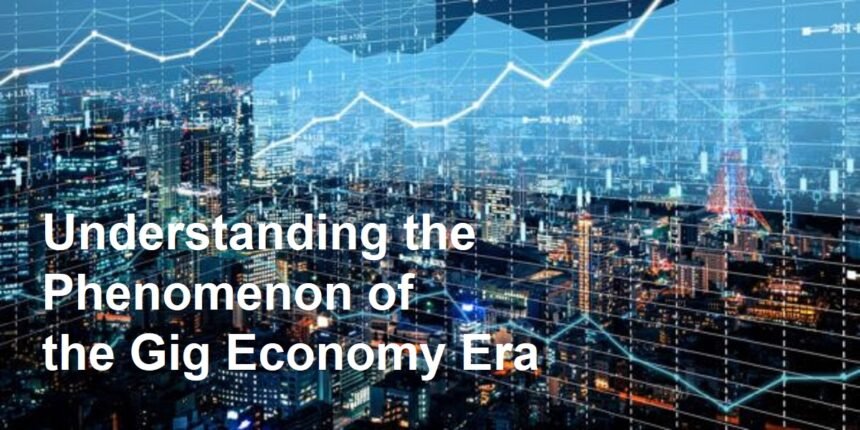Introduction
If you’ve scrolled through job boards in recent years, you’ve probably noticed something curious: more short-term contracts, freelance gigs, and part-time projects replacing traditional nine-to-five roles. This transformation is called the gig economy, and it’s rewriting how people around the world earn a living. But what’s really driving this shift, and what does it mean for workers, companies, and society at large? Let’s take a closer, personal look at the phenomenon shaking up the modern workforce.
What Exactly Is the Gig Economy?
First, let’s define our terms. The “gig economy” refers to a labor market characterized by short-term contracts or freelance work, as opposed to permanent jobs. The term “gig” itself was borrowed from musicians booking one-off performances. Now, though, it can mean driving for ride-hailing apps, delivering food, writing articles, designing websites, or tackling small tasks via digital platforms.
Why Has the Gig Economy Emerged?
There are a few key sparks behind the explosion of gig work:
- Technology is the standout driver. Thanks to smartphones and the internet, workers and clients connect directly, wherever they are. Apps make it simple to find side jobs, accept assignments, and get paid—all with a few taps.
- Changing attitudes about work-life balance also play a role. Many people crave flexibility, wanting to earn money on their own terms instead of sticking to office culture and rigid schedules.
- Companies have adapted, too, seeing the gig model as a way to get specialized talent for specific tasks without hiring full-time employees. It’s a win-win—until it isn’t.
What Are the Benefits?
Let’s be honest: being a gig worker can feel incredibly liberating. Setting your own hours, choosing the projects that excite you, and working from anywhere are seriously attractive perks. For students, parents, and anyone with shifting commitments, the freedom to earn as much—or as little—as you want is hard to beat. It also helps workers develop new skills and diversify their experience, creating a more adaptable career path.
The Flipside: Challenges and Uncertainties
Yet, it’s not all smooth sailing. Gig work comes with a suitcase of challenges. There’s a real trade-off in terms of job security—contracts are temporary, meaning income can be unpredictable. Most gig workers don’t receive health insurance, paid leave, or retirement benefits from their platforms. This makes financial planning tricky, and some feel “stuck” chasing more gigs just to make ends meet.
Then there’s competition. Since gigs are often available to anyone online, workers can face a global pool of rivals, pressing rates down and making it harder to stand out. There’s also the question of legal protections. Some governments are debating whether gig workers should be considered employees or independent contractors (hint: benefits and labor rights often depend on the answer).
The Gig Economy’s Wider Impact on Society
The ripple effects of the gig economy stretch far. On one hand, this model can help cut unemployment and get people onto the workforce ladder quickly, especially during tough times. On the other, it risks deepening economic divides if “gigging” becomes the only option for many lower-skilled or marginalized workers.
Businesses, meanwhile, can scale up or slim down swiftly without the headaches of long-term hires. However, this kind of flexibility can lead to a less loyal, less settled workforce, challenging traditional management practices and even blurring lines between work and personal lives.
What Lies Ahead?
It’s clear: the gig economy is here to stay, but it’s likely to evolve. As public debate grows and more people jump in, we might see new rules to protect gig workers or innovative benefits systems for flexible labor. For those of us navigating this era, staying agile, upskilling, and advocating for fair treatment will be keys to thriving in this new world of work.
Embracing the gig economy means becoming your own boss—sometimes thrilling, sometimes daunting, always part of a global experiment in how we work and live.












